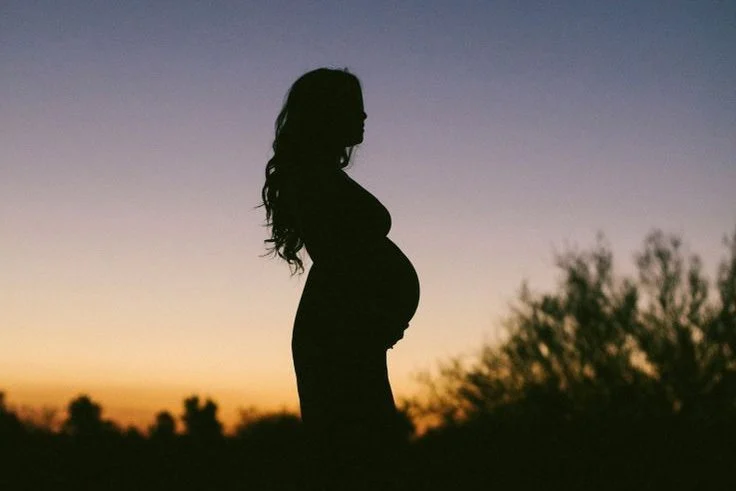The term “Advanced Maternal Age” has been the preferred phrase for women over 35 expecting a baby, but guess what? “Geriatric Pregnancy” is making a comeback. As someone who welcomed my first child at 38 and my second at 40, I can tell you that being labeled as “advanced” was stressful enough. Both of my pregnancies were healthy, yet the constant reminders of potential risks associated with getting pregnant later in life weighed heavily on me.
Now, in a twist that many of us didn’t see coming, the old label is creeping back into the conversation. Apparently, “advanced maternal age” wasn’t quite enough to convey the reality of an aging uterus, which is now being humorously dubbed as “geriatric.” Seriously? We’re now referring to pregnancy over 35 as “Geriatric Pregnancy!” It’s as if the medical community decided we weren’t feeling bad enough already.
Once upon a time, “geriatric pregnancy” referred to pregnancies in women over 35, but it was replaced due to its negative connotations. Apparently, it was making women feel, well, terrible. But just as we thought we could breathe a sigh of relief, the term resurfaces, and now we’re supposed to deal with the fact that we’re not just “advanced,” but “geriatric.”
Imagine checking your medical records and seeing “Elderly Multigravida.” What would you think? Most likely, you’d feel old and alarmed. This term refers to a woman who is pregnant for the second time or more while being 35 or older. It’s hard not to laugh through the tears when you consider how absurd this all is.
In every other context, “geriatric” is used for those over 65. So who thought this term was appropriate for pregnant women? Clearly, no one who has ever been pregnant themselves. The truth is, more and more women are experiencing healthy pregnancies in their 30s and beyond, defying the outdated notion that having a child later in life is dangerous.
Recent statistics show that over half a million babies were born to women aged 35-39, and more than 111,000 were born to women aged 40-44. Yes, age does come with increased risks, but that’s a fact of life. Why should we slap a label on women that only adds to their anxiety?
Dr. Emma Rodriguez, an OB/GYN and maternal health advocate, emphasizes the need for more thoughtful language, stating, “Telling a patient they are high risk sets a negative tone for their pregnancy. We should focus on support and information, not labels that can feel derogatory.”
So let’s stop labeling women in their 30s and beyond as “old” or “geriatric.” Instead, let’s celebrate the incredible journeys of motherhood that many women are embarking upon later in life. If you’re interested in more insights on pregnancy and maternal health, check out this helpful resource.
For those considering at-home insemination, it’s worth checking out this kit from a reputable online retailer. And if you want to dive deeper into the topic of maternal age and pregnancy, take a look at this other blog post.
In summary, the return of terms like “geriatric pregnancy” serves as a stark reminder of how important language is in the medical field. As more women choose to start families later in life, let’s advocate for terminology that empowers rather than diminishes.

Leave a Reply